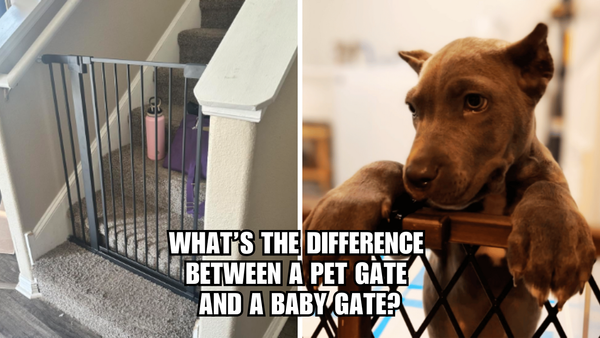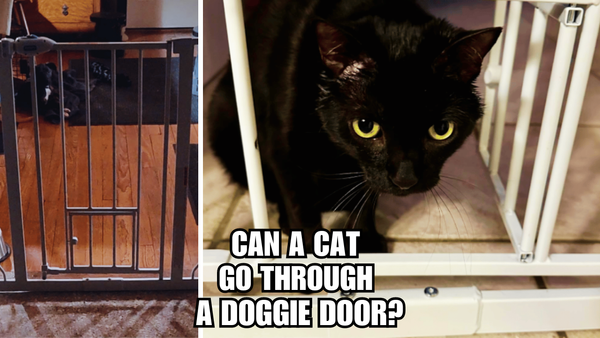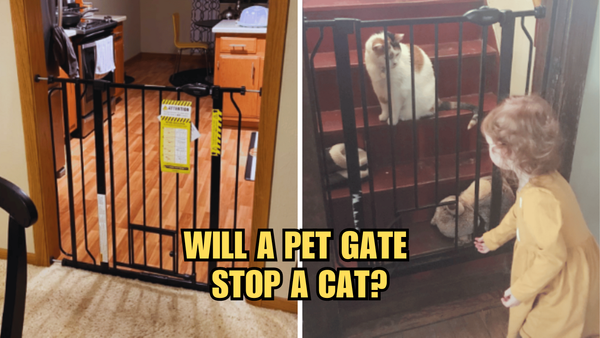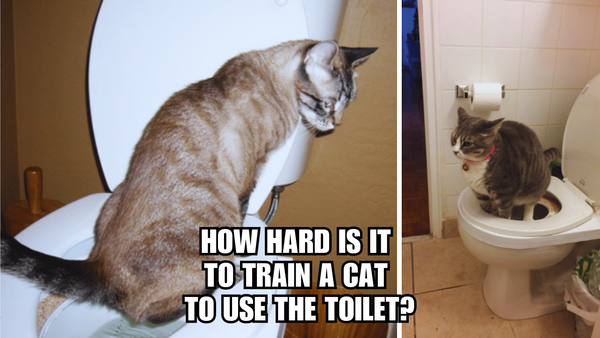If you are a cat owner, you know how much they love their food. With their adorable faces and sweet meows, it's hard to resist giving them all the treats they want. However, overeating in cats can lead to severe health problems, including vomiting.
Whether your feline friend is a picky eater or a chowhound, it is essential to understand the causes and consequences of overeating to keep them healthy and happy.
Causes of Overeating and Vomiting in Cats
There are various reasons why cats overeat and throw up. Some common causes include:
Boredom: Cats need stimulation and entertainment. If they are not receiving enough interaction and playtime, they may turn to food as a source of comfort.
Anxiety: Stressful situations, such as moving homes, introducing new pets, or loud noises, can cause cats to overeat to cope.
Health Problems: Certain medical issues, including diabetes and hyperthyroidism, can cause cats to eat excessively and vomit.
The Impact of Overeating on a Cat's Health
Overeating can quickly lead to obesity, which can result in several health problems for your cat. Health problems include heart problems, liver disease, respiratory problems, and joint pain.
Additionally, vomiting can cause dehydration, loss of appetite, and malnutrition, further leading to severe health complications.
Methods to Manage and Prevent Overeating in Your Feline Friends
Several ways can help pet owners control their cat's food intake and prevent overeating, including:
Feed your cat small, frequent, and healthy meals throughout the day.
Give your cat puzzles and toys that stimulate them to move and play.
Monitor their snacks and treats.
Talk to your vet about the appropriate diet and feeding schedules.
Choose weight management food options that can reduce obesity and overeating.
Safe and Effective Product Recommendations
Several special feeding dishes and bowls may help control your cat's eating and prevent overeating, such as slow feeder bowls, with holes that slow down the rate of eating.
You may also administer medications that can relieve nausea and vomiting. Consult with your vet beforehand.
In conclusion, overeating and vomiting in cats is a common problem that can lead to severe health issues for your feline friend. It is, therefore, essential to monitor your cat's food intake and provide them with a healthy diet.
Additionally, understand the causes of overeating and vomiting and seek help from veterinarians if necessary. Cats may also benefit from exercise, playtime, and toys to stave off boredom and reduce stress.
With a little effort and love, you can help your beloved cat avoid the risks of overeating and vomiting and live a happy and healthy life.
Thank you for visiting LegitLists we hope this helps you make a legitimate choice!
Our goal is to provide you with the information you need to make legitimate choices. If you buy something through our links, we may earn a commission.






